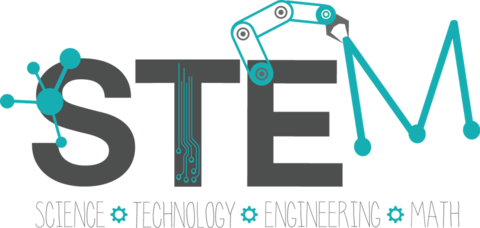
Idaho Adopts New Computer Science Standards

Although personal computers have only been in existence for a brief few decades, the act of computing and utilizing mechanical devices for calculation purposes have been around for thousands of years. The first device used to predict the motion of the stars and planets was used by the ancient Greeks, called the Antikythera mechanism (Shallit, 1995). Fast forward to today, several thousands of years later, and computers have evolved into devices that can be easily transported and can be used to perform a variety of tasks, not just tracking geophysical locations.
With the mounting need to equip students for competency in their future careers which will most likely require interaction with computers, STEM advocacy groups have been pushing politicians to enact legislation that will support computer science efforts and allocate funds accordingly. In a unanimous decision delivered in January, the House Education Committee in Idaho moved to “engage industry” by pushing forth a bill that would adopt a set of nationally recognized computer science standards. House Education Committee Chairman Reed DeMourdaunt remarked about the bill that “the computer science initiative would interface education and industry, creating a profound and lasting effect for opportunities that do not currently exist today” (Swindell, 2016). This bill will not only mean that the national standards will be adopted, but that there will be a development of instructional resources and teachers will be provided with professional training used to foster collaboration in creating postsecondary computer science courses.
Currently, only one in four schools teach it, which is inherently problematic, given the reality that general career preparedness requires computer science literacy as a prerequisite for success. Codes.org, a public 501c3 nonprofit, supports computer science awareness and offers several ideas for making this subject area fundamental to K-12 education: :defining it and establishing rigorous K-12 computer science standards, allocating funding, implementing clear certification pathways for teachers, creating incentives at institutions of higher education, establishing dedicated computer science positions in state and local education authorities, and requiring that all secondary schools offer computer science with appropriate implementation guidelines” (Making computer science fundamental to K-12 education: eight policy ideas).
All things considered, PCS is thrilled to learn that Idaho is taking a clear direction in establishing computer science as a necessary component to ensuring a full education, but also hopes that other states examine adopting similar standards as well. Although there is much debate still surrounding CCSS and NGSS, it should be noted that taking advanced measures to address the need for STEM education is needed if students are to be fully equipped to address whatever difficulties they may face in the workplace. Mandating computer science standards is also a great way to engage students in new technology, and PCS is proud to be a partner in this process.








